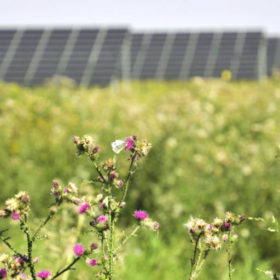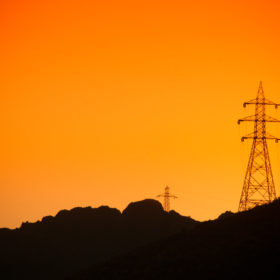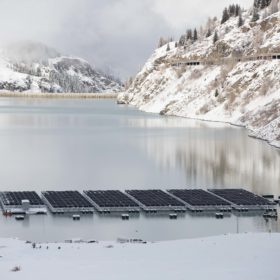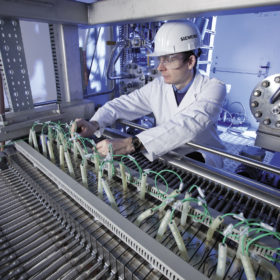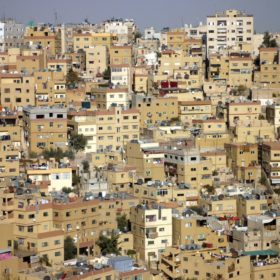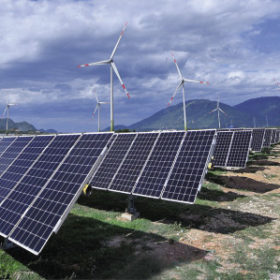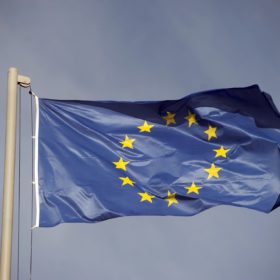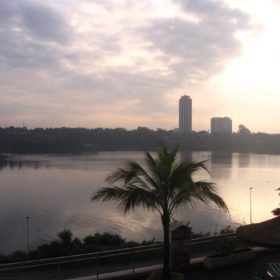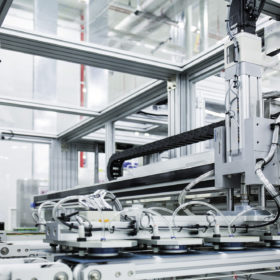Solar will power ahead to offer 20% more output for 25% lower module costs within 15 months
PV industry veteran Karl-Heinz Remmers recalls the trajectory of solar power this decade and predicts stronger than expected development for the ten years ahead.
Seoul launches 1 GW rooftop solar plan
The South Korean capital has unveiled a plan to deploy rooftop PV on a million homes and all public buildings. The new initiative is designed to bring the city’s cumulative installed solar capacity to around 1 GW by the end of 2022.
Turkey to hold 1 GW solar tender in April
The Turkish government is planning to assign 100 solar projects with a capacity of 10 MW each across 39 different provinces via a new procurement exercise. The tender will be held on April 20, 2020.
Floating in the Alps
Romande Energie is deploying a 448 kW floating array on the surface of Lac des Toules, a reservoir located at an altitude of 1,810 meters in the Swiss Alps. The installation will likely operate under heavy weather conditions, but it is also expected to produce 50% more power than similar projects built in the plain.
Engie and Air Liquide join forces to develop green hydrogen
A cooperation agreement was signed by the French corporations to launch the HyGreen Provence project, which is expected to produce annually 1300 GWh of solar electricity and 10,440 tons of green hydrogen by 2027.
Jordan renews solar rebates for residential PV
The Kingdom of Jordan’s government has signed an agreement with Jordan Islamic Bank to facilitate the financing of residential projects under the scheme. Selected projects will be entitled to a 30% rebate for installations up to 3.5 kW.
A new converter topology for hybrid wind-solar
A researcher has proposed a new approach to apply maximum power point tracking techniques to optimize electricity production in wind-solar power projects. The permanent magnetic synchronous generator hybrid model used in the study is based on a multi-input rectifier stage which is said to be able to eradicate current harmonics and eliminate the need for extra input filters.
Calculate the cost of PV system with free online tool
The PVP4Grid project, involving 12 European organizations, wants to increase solar self-consumption system deployment. The project has launched an online tool to enable homeowners to calculate the cost of PV.
Côte d’Ivoire gets World Bank support for 60 MW of solar
The African country has joined the World Bank’s Scaling Solar Program. Two PV plants will be located in Touba and Laboa, in the northeast of the country.
Hanwha vows ‘immediate appeal‘ in event of ITC summary decision
With the Q Cells solar business warning it is preparing an instant appeal if a U.S. ITC judge rules against it Stateside, the chemical company parent announced its solar panel business saw a year-on-year, third quarter rise in revenue from KRW818 billion to KRW1,638 billion.
